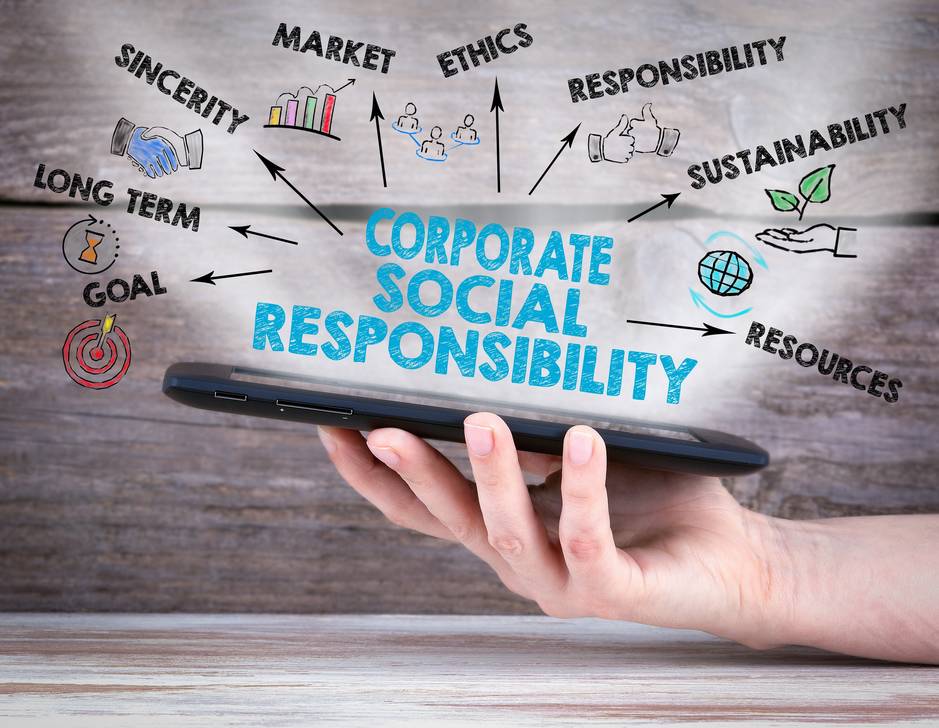Corporate social responsibility - the way forward for business
Corporate Social Responsibility has become a buzzword, but at its core is a key consideration - the economic and moral position of businesses. With the global population expected to reach 8 billion by 2023 – sharing limited resources and efficiency is now a necessity. For Professor Frédéric Dalsace, CSR isn’t just an opportunity for companies to step up – it’s the new normal.
Based on a conversation with Professor Frédéric Dalsace, HEC Paris Social Business Chair and former Academic Director of the Executive MBA.

A MATTER OF EFFICIENCY
“It’s all about making more efficient use of all our assets. We have to rethink every single asset we use.”
With the convergence of decreasing natural resources and increasing population, the world will no longer be sustainable. The impact of booming global population means that we are decreasing the ratio of resources divided by people.
The solution, says Professor Dalsace, is “to go from an era of the cowboy economy to the spaceship economy.” In the cowboy economy, a small number of people are able to take advantage of an abundance of resources. In the spaceship economy, a system with limited resources, we have to pay careful attention the use of every available resource. In this model everyone has a role to play, says Professor Dalsace, and CSR is the responsibility of companies.
Uber, Lyft, and BlaBlaCar, for example, took an inefficient system – each person driving alone in their own car, – and improved it. “They are creating a more efficient use of existing assets,” says Professor Dalsace. “This is crucial.”
WHY SHOULD COMPANIES CONSIDER CSR?
“CSR can have a positive impact on business by capitalizing on five key levers,” says Professor Dalsace.
- Firstly, by focusing on untapped and underserved markets, companies can find new customers, and generate increased sales and revenue
- Secondly, being socially responsible gives companies a “license to operate.” Companies that are perceived as being trustworthy and reliable are more likely to be selected than companies that are seen as “bad citizens.”
- Thirdly, CSR is a crucial lever for innovation. Developing products that are more accessible to people not currently served by the market, challenges companies to be more creative and find innovative solutions.
- Fourthly, CSR matters to employees. Social responsibility is “plays a key role attracting top talents, particularly young entrepreneurs.”
- Finally, CSR builds social capital. Showing consistently that CSR is important becomes a sort of “insurance” so that when things goes wrong – as they inevitably do – companies can clearly demonstrate their social commitment.
THE MORAL AND TRANSFORMATIVE CASES FOR CSR
“The business dimension is the starting point for CSR,” says Professor Dalsace, “but there are two other aspects to consider: the moral one and the transformational one.”
The moral dimension implies that companies commit themselves to erasing “poverty penalties” - the additional living costs faced by those with lower incomes. A better world can be created by developing alternative business models specifically for lower income consumers, says Professor Dalsace. Renault, for example, has a non-profit program to fix cars for those who can’t afford the regular cost of repairs.
The transformative dimension of CSR is that “firms will have to assume their responsibility in changing the world.”